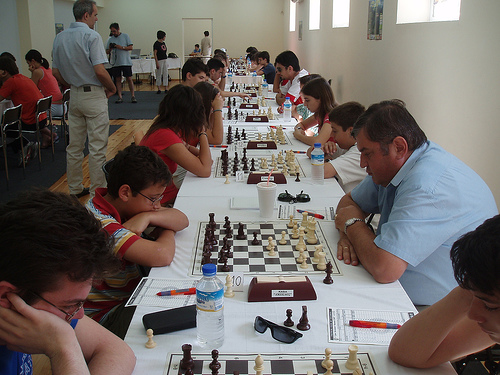In a comment on last week’s Aquinas post, a reader objected to my characterization of God as pure act, with no mixture of potentiality. He said,
As a human I live totally within the domain of potentiality. The idea that God is totally outside of potentiality is totally alien. He cannot be my God.
I asked what he meant by living “totally within the domain of potentiality”, and he replied,
I don’t live in the past. The present becomes the past as soon as I’m aware of it. The future is up for grabs.
I take him to mean that he has free will: he has real choices, and his choices have a real effect on the future: his future is not predetermined or fixed. From a human point of view, this is quite true. According to Thomas, we are true secondary causes: we depend on God for our being, but part of our dignity as human beings is precisely that we have free will.
Applying my reader’s second comment to his first, his trouble seems to be that saying that God is pure act with no potentiality implies that God must be quiescent, inert, incapable of engaging with us or affecting the future in any meaningful way—and that would indeed be a problem, if that’s what Thomas meant by “pure act”. In Thomistic terms, “potentiality” is the capability to be changed, to become different in some way. But God is perfect, lacking nothing for supreme perfection: if God had the potential to change, then by definition He would lack some perfection He should have.
By “pure act” Thomas means that God is what He is and does what He does. There’s a very real sense in which all of Creation and all of time and all of God’s dealings with mankind all takes place as one supreme and solitary “act” on God’s part. It’s all of a piece.
But that seems to leave us with a quiescent, inert God again; and yet we know from history and from the scriptures that God has indeed dealt with and engaged with men and women in time. How can this be?
Consider a simple game of tic-tac-toe. Clearly if God could spar with Moses Abraham* about the number of righteous people in Sodom and Gomorrah, He can handle taking turns well enough to play a game of tic-tac-toe. But how can He do it as part of one moment of creation?
Tic-tac-toe is an absurdly simple game; the number of board configurations is small (as compared to chess, say), and I could easily enumerate every board configuration I might actually see in play. And for each board configuration, I could write down my idea of the best possible move. And then, if someone asked me to play I could use my list to determine my moves. In that case, you could fairly say that I had chosen all of my moves ahead of time, in one action: here, see this list? These are my moves. Whatever you pick, my move is already chosen.
In theory, one could do the same thing with chess, although the number of possible board configurations is so enormously large that it’s impossible in practice (which is why grown-ups play chess rather than tic-tac-toe).
But here’s the thing about God: His understanding and power are infinite. Before chess and tic-tac-toe were invented by human beings, they, and all their variations, were already clearly understood in the mind of God. God understands chess down to the ground, and He knows all of the right moves. If I sat down to a game of chess with God, and God wanted to win, I’d lose every time.
And the same applies to all of the choices of my life and all of the many things that happen in the universe. Before time began, God knew all of my possible choices and knew all of His preferred responses. He willed them all at once in His eternal now; and we see them play out in time. He is up to handling anything we might do.
Well, so, you might ask, suppose I’d done that instead of this. God’s response might have been different. And what would that response have been? Only God knows.
* D’oh! (Thanks, Joanne!)
____
photo credit: P6182157.JPG via photopin (license)









